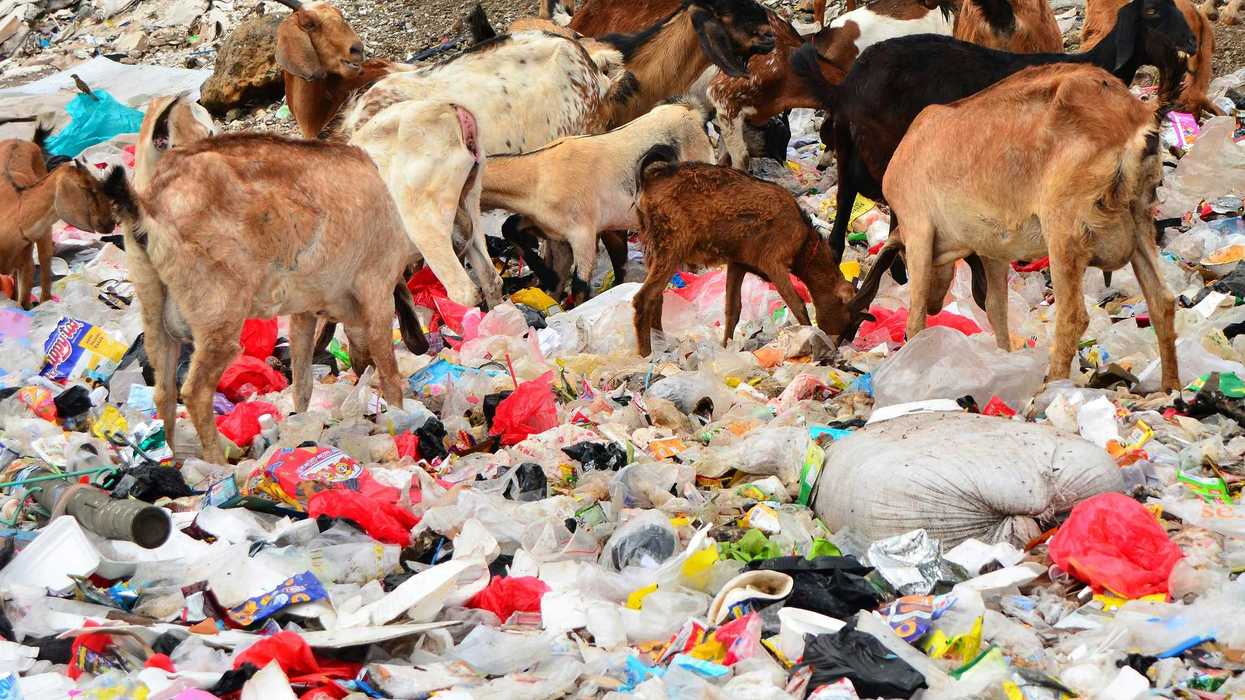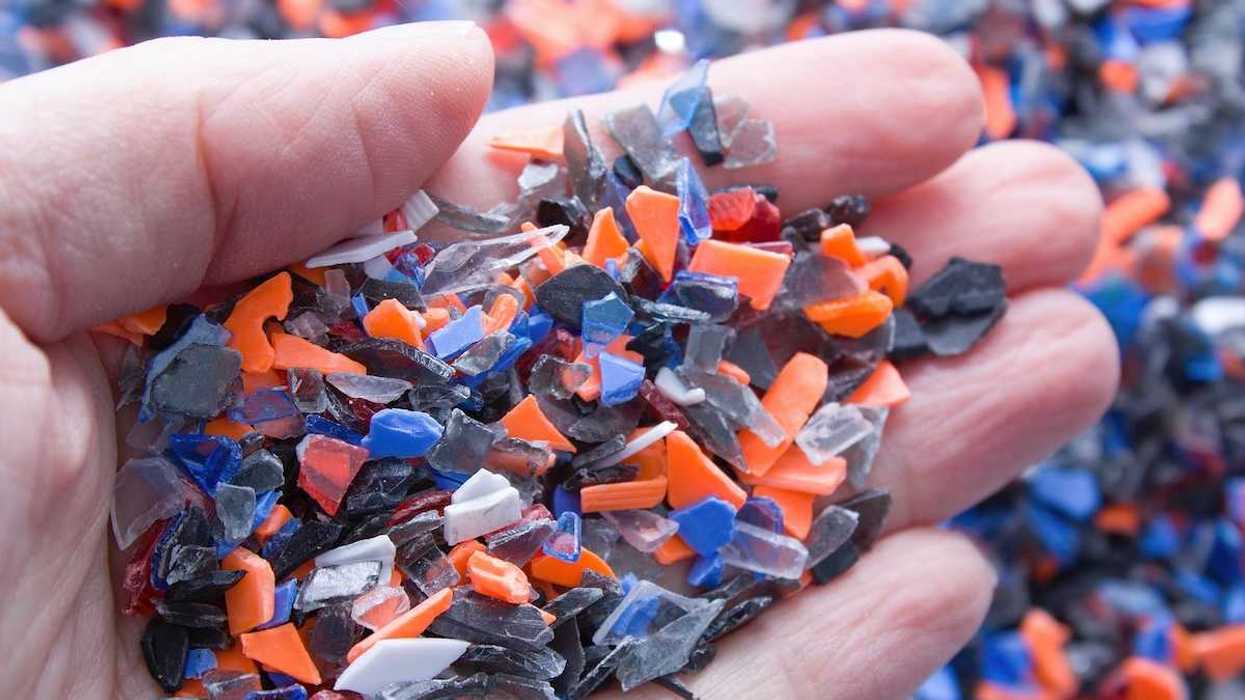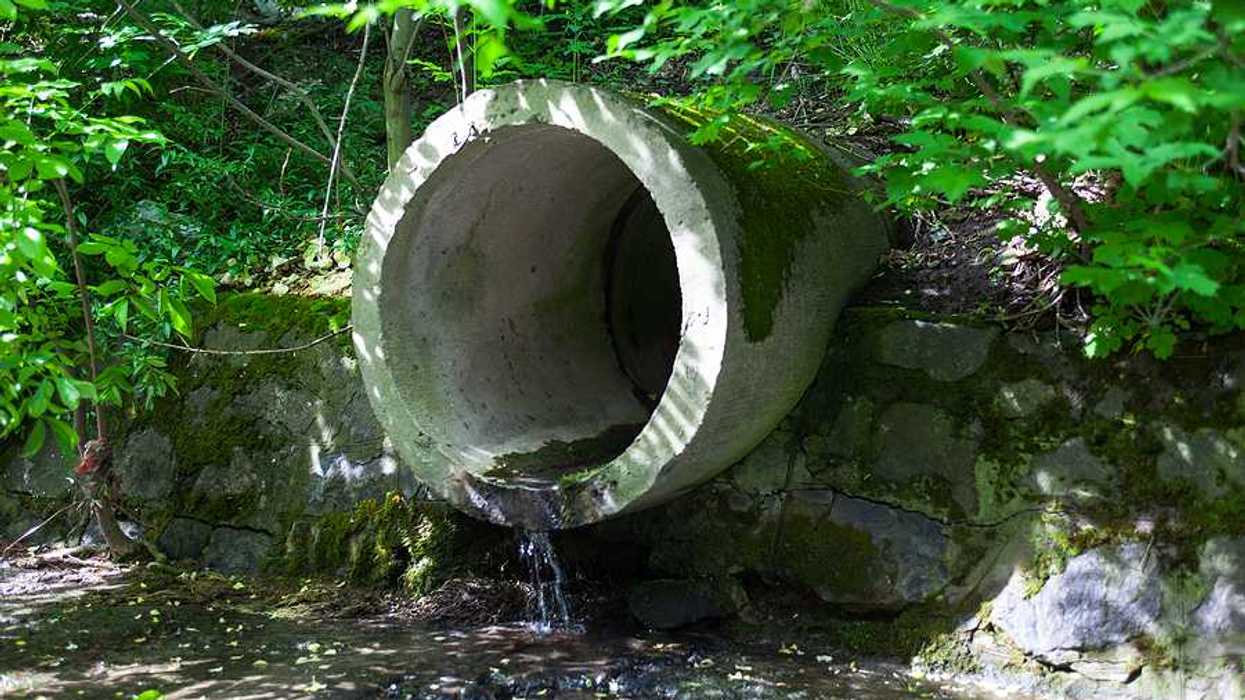Australia has banned three PFAS compounds linked to cancer and environmental harm, but experts say a class-wide ban like the one proposed by the European Union may be the only effective way to reduce long-term pollution and protect public health.
Bhavna Middha, Ralph Horne, and Vincent Pettigrove write for The Conversation.
In short:
- Australia’s ban on PFOA, PFOS, and PFHxS took effect in July 2025, targeting just three out of more than 14,000 PFAS compounds known for their persistence and potential toxicity.
- The European Union plans to phase out all PFAS by 2030 using the precautionary principle, aiming to prevent “regrettable substitutions” and avoid costly cleanups.
- Despite global agreements like the Stockholm Convention, Australia's slow domestic action and case-by-case risk assessments leave most PFAS chemicals unregulated.
Why this matters:
PFAS, often called “forever chemicals,” are used in products ranging from nonstick pans to firefighting foam. They don’t break down easily and have been found in soil, drinking water, air, and human blood. While some PFAS may be less harmful, most have never been thoroughly tested, and evidence links exposure to kidney disease, certain cancers, and developmental problems. These chemicals accumulate over time, especially near industrial sites and military bases, disproportionately affecting surrounding communities. Unlike traditional pollutants, PFAS can't be flushed away or naturally degraded, making cleanup incredibly expensive and complex. Delaying broad regulation means exposure continues while research catches up, leaving the public and environment at risk.
Related: New study reveals previously undetected PFAS in Sydney tap water















